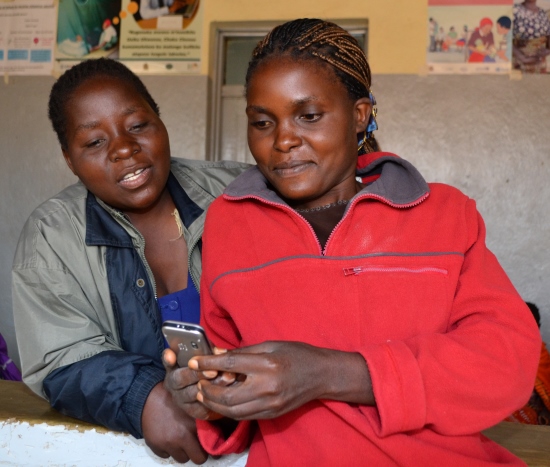
By Yasmin Chandani, SC4CCM Project Director
NOTE: This post originally appeared on United Nations Foundation’s Global Accelerator
An important but often overlooked issue in the global health space is the need to strengthen the medical supply chain, ensuring medicine and medical supplies are available in hospitals, clinics and communities when they are needed. Sounds easy, right? But in developing countries this is a major issue, making it difficult to provide basic health services to patients. Leveraging mobile to address this challenge is a rising trend happening in the health and technology space, and it’s an opportunity we recognized almost four years ago.
After an assessment of the community health supply chain in Malawi we were struck by two things: low medical product availability, and high mobile phone ownership among community health workers. We found that less than one-third of these health workers had all four of the products they needed in stock to treat childhood pneumonia, diarrhea and malaria. Yet 94 percent of the workers reported owning a phone. These findings highlighted the need and opportunity to substantially improve performance for the supply chain that was supposed to deliver life-saving medicines to the health workers.
Malawi, like many countries at the time, took on the ambitious task of tackling Millennium Development Goal 4 (reducing childhood mortality). Trained health workers were needed to treat the sick children in their villages, where there is the greatest potential to save lives, and a supply chain that could consistently deliver low-cost medicines to the community level. Our task was to work with the Ministry of Health to diagnose the most critical bottlenecks in the supply chain, and jointly develop and implement a “game-changing” innovation that would lead to significant enhancements in product availability.
From the data and our experience, we knew that poor logistics data and weak coordination between health workers and clinics were challenges plaguing the system. This is how we created cStock— a text message-based and web- logistics management information system. By capitalizing on the high mobile phone usage by community health workers, we could create a simple and affordable solution that would be fast, easy, and the government could sustain.
From further assessments we’ve conducted since launching the program, feedback from community health workers and health facility staff where cStock was implemented has been overwhelmingly positive. Reporting more transparency and accountability, facility members have said the program has reduced workload and simplified the reporting system. It’s this type of feedback that drives our dedication to continue this work.
Through SMS text messages and technology, we are now increasing the reporting and resupply of health products managed at the community level. By tapping into mobile innovation we are making substantive progress toward creating a more efficient supply chain for community medicines in Malawi, which will help ensure that children receive the care they need, when they need it.

